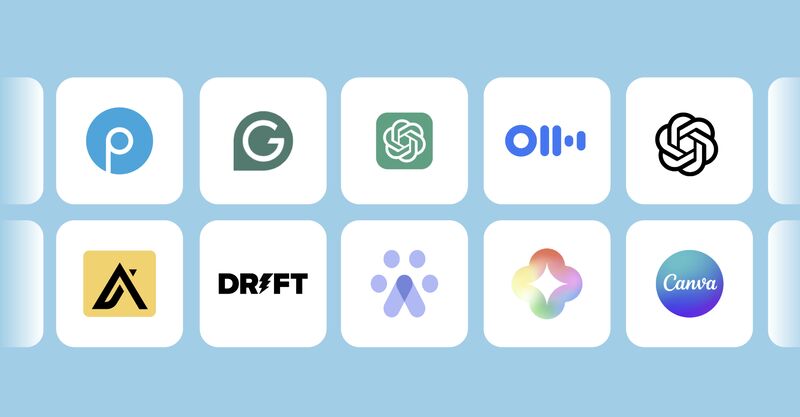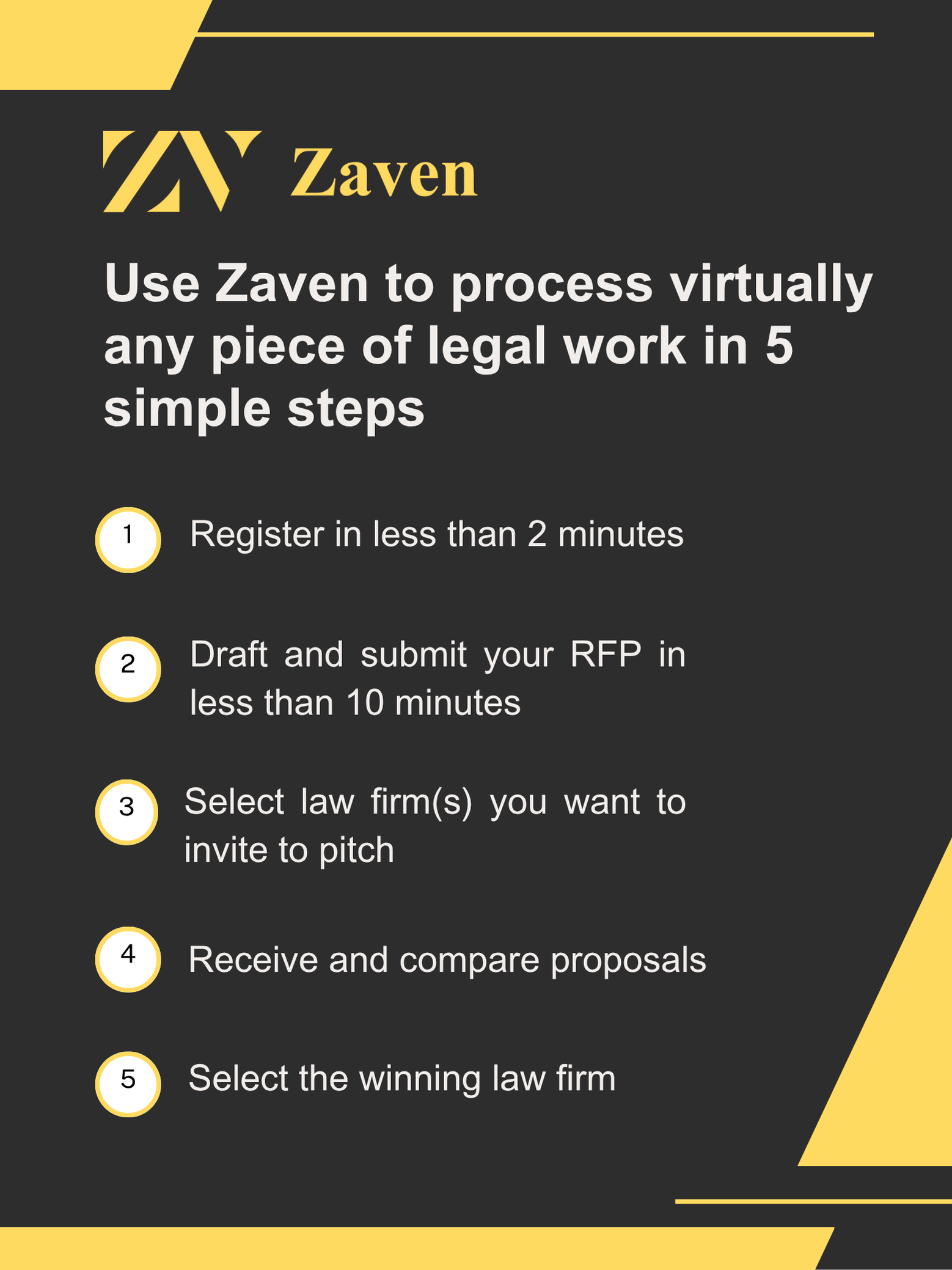Source: Above the Law
The legal industry’s adoption of AI has shifted from speculation to strategic implementation in 2024. With 75% of legal leaders now using generative AI tools, according to LexisNexis research, firms are seeing tangible results – including the reduction of document translation time from hours to minutes.
Reshaping Legal Practice
Today’s AI implementation focuses on three key areas:
- Document Processing: Real-time translation, compliance document creation, and correspondence support
- Quality Assurance: Specialised legal terminology management and context-aware translations
- Workflow Automation: Chatbots for routine queries and automated data extraction
As Frankie Williams, DeepL’s Chief Legal Officer, notes: “The question now isn’t whether we should be using AI, but rather, which AI tools will dominate in the legal market.”
Security and Precision
Law firms are prioritising AI tools that offer:
- Enterprise-grade privacy standards (GDPR, ISO 27001)
- Specialised legal language models
- Reduced risk of misinformation
- Customisable terminology management
Impact on Legal Roles
The automation of routine tasks is freeing junior lawyers from traditional document review roles, allowing focus on strategic work. This shift suggests a fundamental change in how legal services are delivered and valued.
Looking Ahead
While current applications centre on efficiency gains, the industry appears poised for deeper transformation. Successful firms will be those that effectively integrate AI tools while maintaining the human expertise central to legal practice. The focus is shifting from whether to use AI to how best to implement it for enhanced client service and practice management.
This evolution marks not just technological advancement but a reimagining of legal service delivery – one where routine tasks are automated, allowing lawyers to focus on complex problem-solving and client relationships.
Read more: Above the Law







